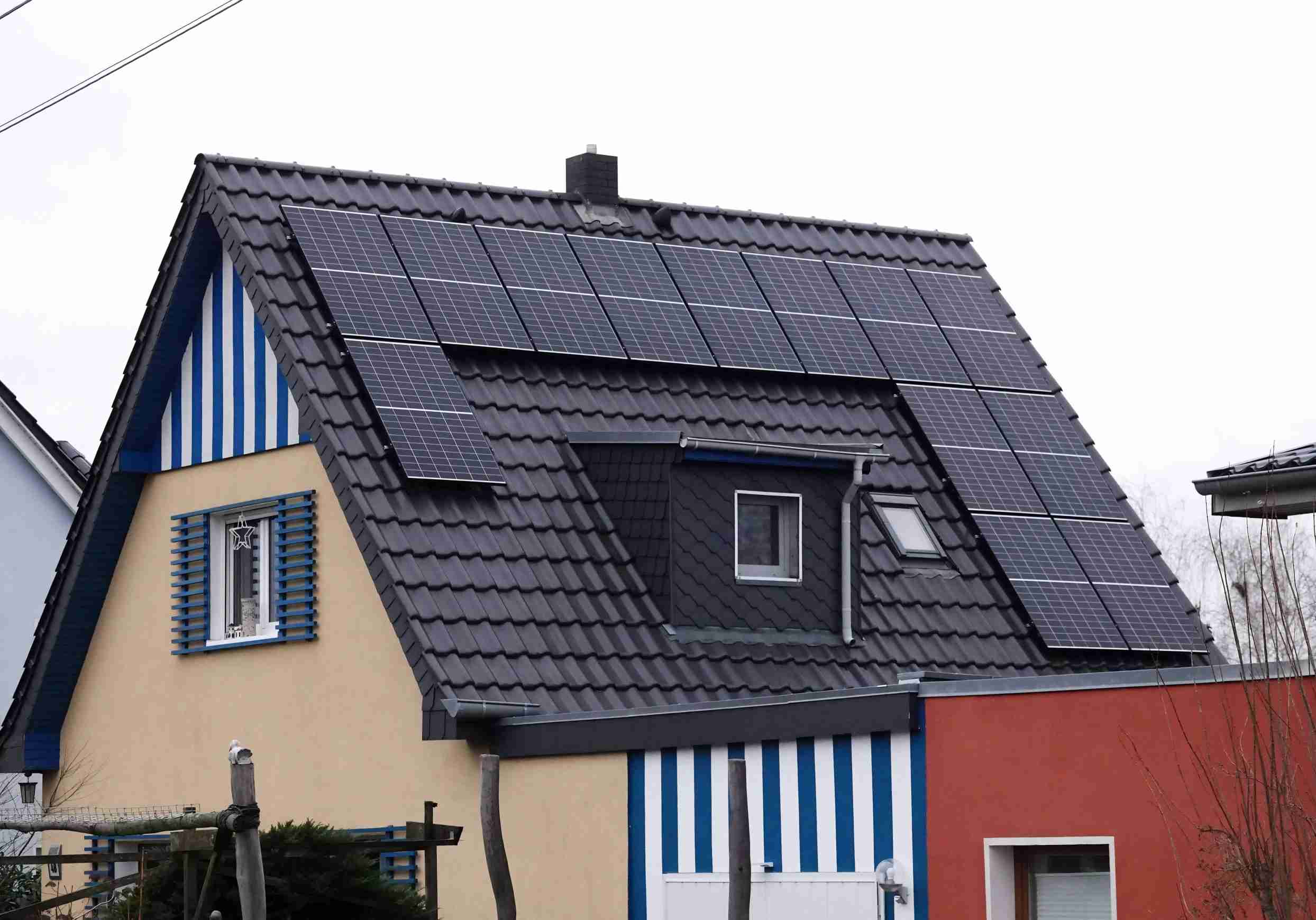
As solar power technology continues to advance, more and more homes and businesses are adopting solar systems to meet their energy needs. However, many people may not know that adding a battery storage system can significantly enhance the performance of a solar energy setup. If you are considering adding battery storage to your solar system, this detailed guide will help you understand how to achieve this goal and the various benefits it brings.
Solar systems generate electricity by converting sunlight into power through solar panels. This electricity can be used to meet the daily energy needs of a home or business. However, one limitation of solar systems is that electricity generation depends on sunlight, which is not always available. For example, during the night or on cloudy days, a solar system cannot generate enough power to meet demand.
This is where a battery storage system becomes crucial. By storing excess power generated during the day, you can use that stored energy when needed, thus reducing dependence on the grid and ensuring 24/7 availability of power.
Benefits of Adding Batteries to Your Solar System
1. Energy Independence
A battery storage system allows you to reduce dependence on the traditional grid. By using stored power during peak times, you can avoid buying electricity from the grid, especially when electricity rates are high.
2. Cost Savings
By storing solar energy during cheaper daytime hours and using it at night when energy prices are higher, you can significantly reduce your electricity bill over time.
3. Improved Reliability and Backup Power
Batteries provide backup power in case of grid outages. Whether it's an unexpected power failure or a weather-related grid disruption, a battery ensures that your home or business continues to operate even without grid power.
4. Environmental Impact
Using solar energy and storing excess power reduces reliance on fossil fuels and helps lower carbon emissions, benefiting the environment.
There are several types of batteries available on the market, but the most common types for solar systems are:
- Lithium-ion Batteries: Lithium-ion batteries are the most popular choice for solar systems due to their longer lifespan and higher efficiency. These batteries typically come with a long warranty (such as 10-15 years) and are lighter and more compact, making them ideal for residential and commercial use.
- Lead-acid Batteries: Lead-acid batteries are a traditional option that is more affordable but less efficient and has a shorter lifespan compared to lithium-ion batteries. They are often used in simpler energy storage setups.
- Saltwater Batteries: Saltwater batteries are a newer technology that has gained attention due to their environmental friendliness and safety features. However, their availability is still limited compared to lithium-ion batteries.
1. Battery Capacity and Size
The size and capacity of the battery depend on the energy consumption of your home or business and the size of your solar system. The ideal battery system should store enough power to provide backup energy during periods without sunlight.
2. Cost Considerations
While the initial investment in batteries can be high, over time, the savings on electricity bills can make it a worthwhile investment. Choosing the right battery can help you balance upfront costs with long-term savings.
3. Installation and Maintenance
Battery storage systems should be installed by professional technicians to ensure safety and optimal performance. Regular maintenance is also essential to prolong the battery's lifespan and ensure efficient operation.
Solar batteries work in conjunction with solar inverters. The inverter is responsible for converting the direct current (DC) electricity generated by solar panels into alternating current (AC) electricity, which can be used by your home or business. The battery stores excess power generated by the panels, and when the sun is not shining, the inverter draws power from the battery to ensure a continuous electricity supply.
Lithium-ion batteries typically last 10-15 years, so when purchasing a battery, it's important to choose one with a long warranty. A good warranty ensures that you can get a replacement or repair if the battery malfunctions, protecting your investment.
Adding a battery to your solar system can significantly improve energy efficiency, reduce electricity bills, and provide backup power during outages. While the initial cost may be higher, the long-term savings make battery storage a worthwhile investment. By choosing the right battery type, size, and having it professionally installed, you can maximize the benefits of your solar system.
If you are considering adding batteries to your solar system, lithium-ion batteries and other high-efficiency options are a great place to start. Enjoy greater energy independence and environmental benefits by integrating battery storage into your solar power setup.
Next:What is better lithium ion or lithium iron phosphate batteries ?
Previous:Understanding the Difference Between IMR, ICR, INR, and IFR 18650 Batteries
Contact Person: Miss. Elsa Liu
| WhatsApp : | +8617763274209 |
|---|---|
| Skype : | +8617763274209 |
| WeChat : | 17763274209 |
| Email : | Elsa@lifepo4-battery.com |